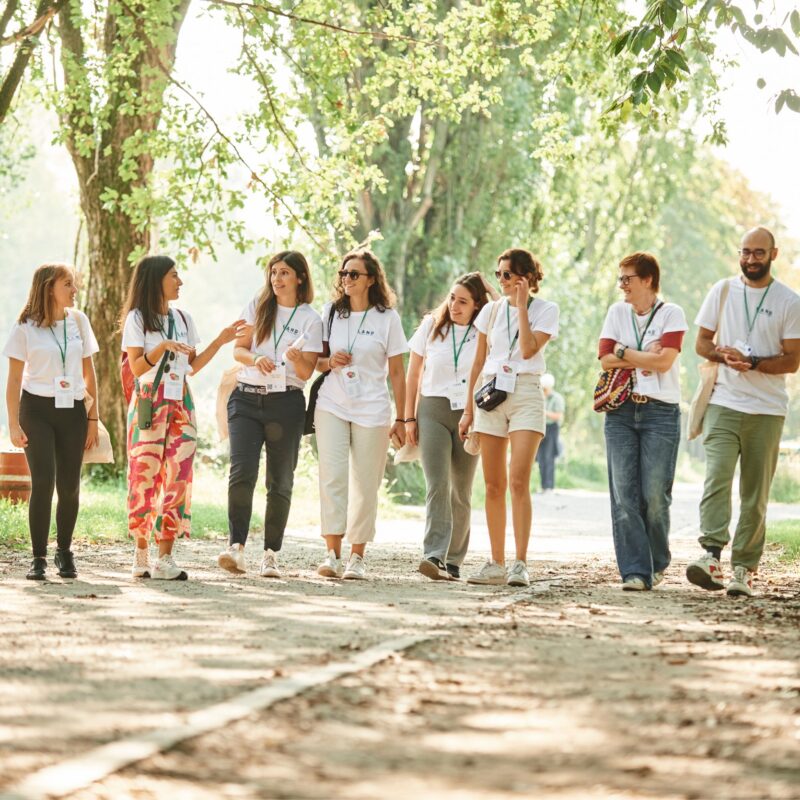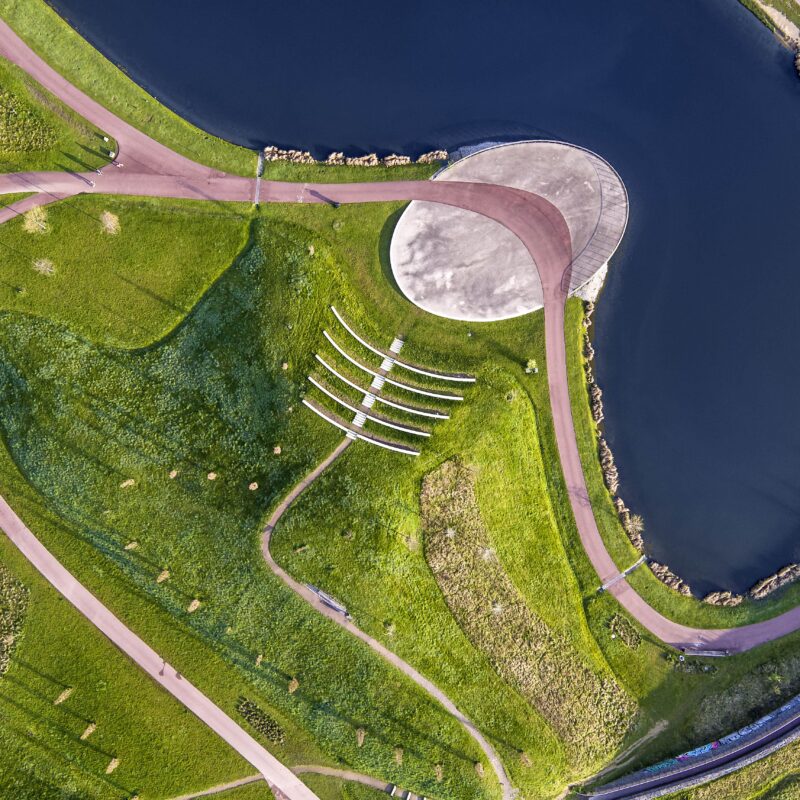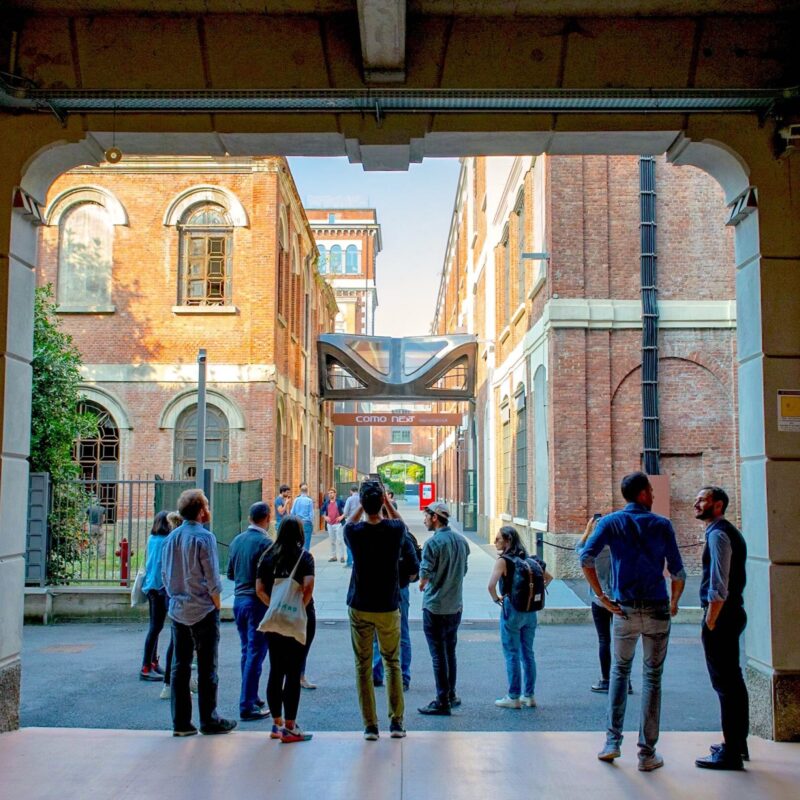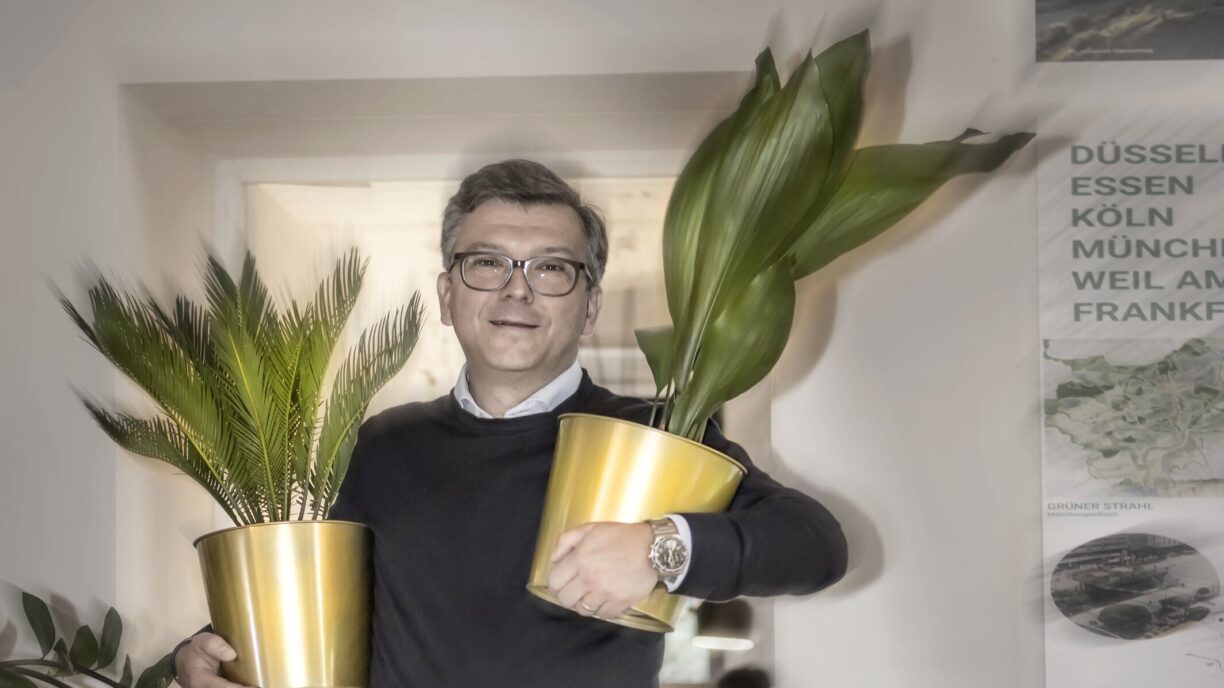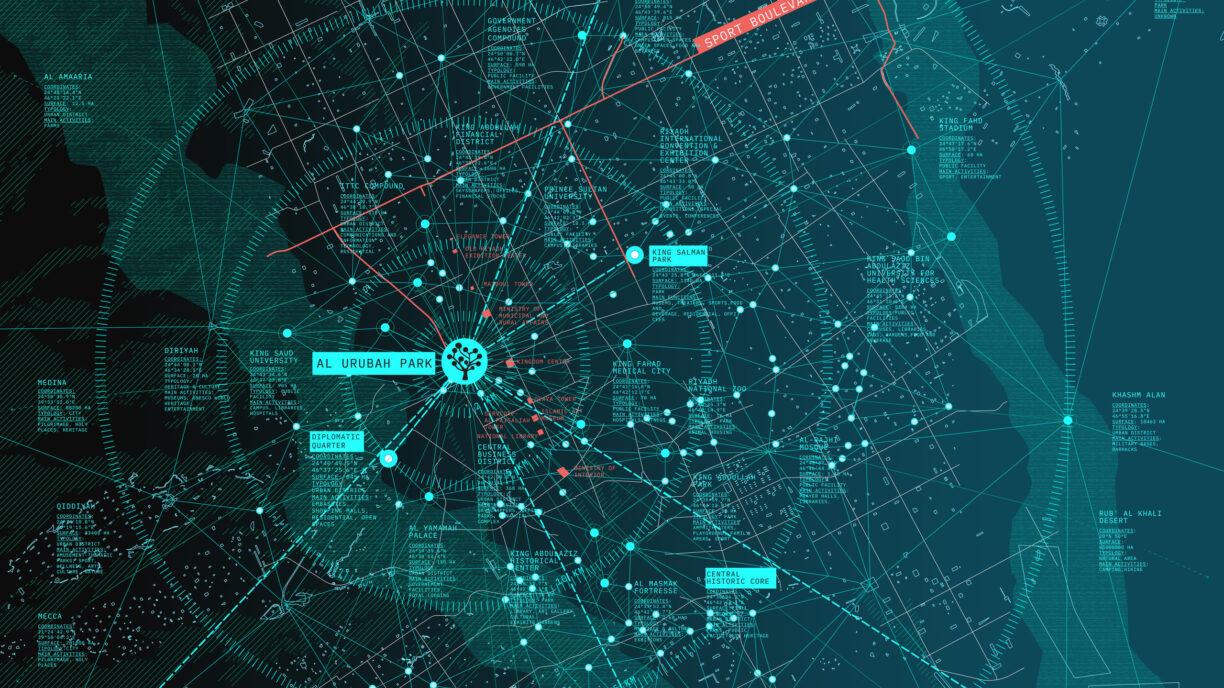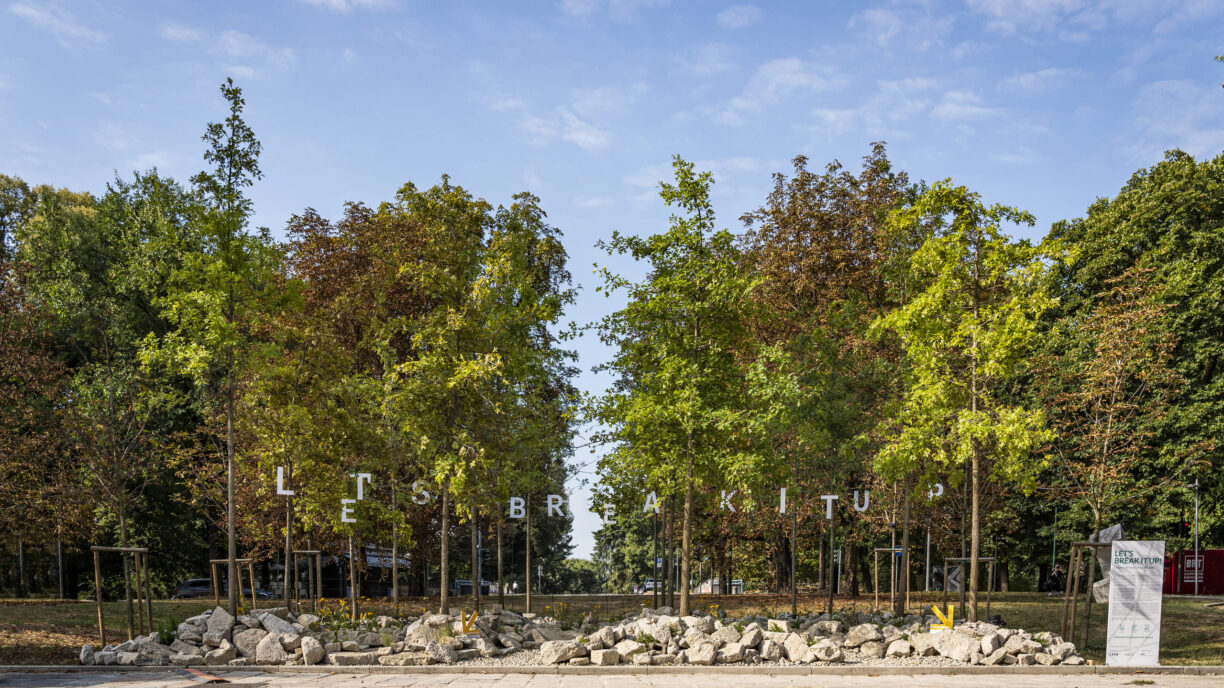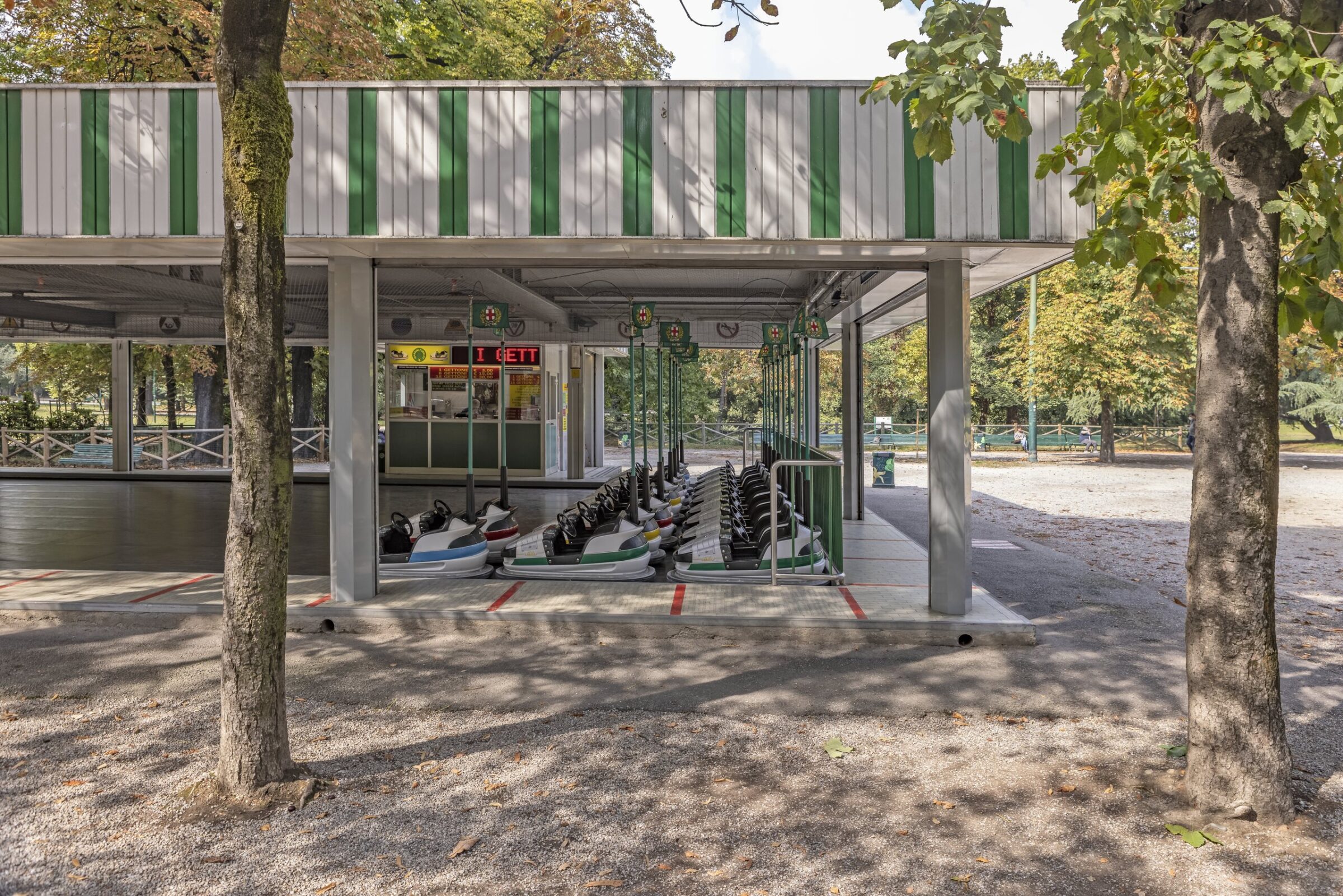
Drivers of Change
The prospects of new technologies, decentralized cities, and the need to change our habits
A conversation with Josef Nierling, CEO of Porsche Consulting in Italy.
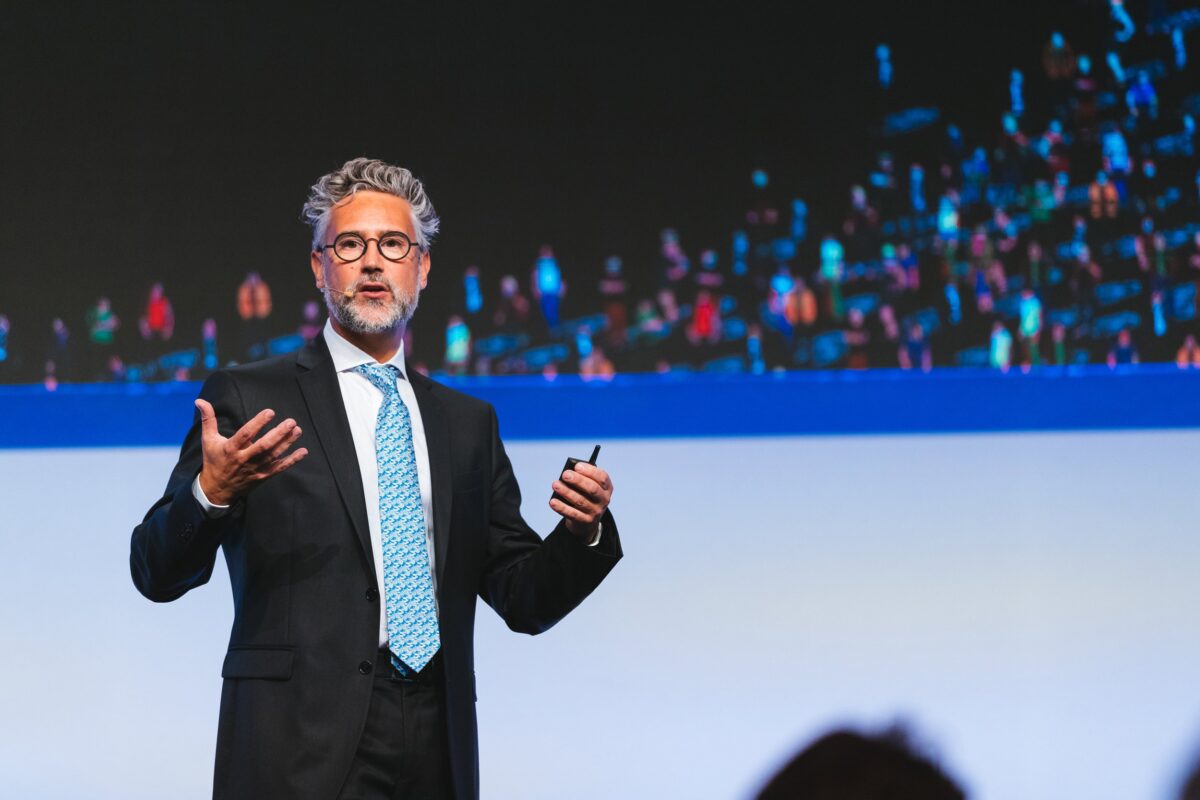
Josef Nierling
In his Twitter account profile, Josef Nierling, CEO of Porsche Consulting in Italy, talks about “fascinating ideas that give the economy a chance to flourish and move society forward: let’s make them happen!” The German/Italian manager, who studied industrial engineering (receiving a PhD) and then embarked on a career at Fraunhofer-Institut Berlin, has worked at Porsche since 2006. Porsche Consulting, a management consulting firm and subsidiary of the sports car manufacturer, was established in Stuttgart in 1994. Operating around the world, its clients include corporate groups and medium-sized companies from the automotive, aerospace, and consumer goods industries. The Italian branch is located in Milan. Questions to Josef Nierling:
We’ve just gone through two awful years with the COVID pandemic: projects abandoned, jobs lost, companies and commerce suffering – and above all the loss of human life. What’s something positive we can take from this negative experience, for example remote work?
For example, let’s consider the healthcare system. People were limited by the fact that they had to move in order to get a diagnosis or medical treatment. During the lockdown many people had this difficulty in getting proper treatment, or even went a whole year without it. But that’s what happens when we’re forced to go to a central location like a hospital. It becomes a hurdle to get over. What we can learn from the pandemic is how to rethink our lives through technology. For the healthcare system and medical care, that means moving people’s care to their homes instead of forcing them to go to a central location. Today’s technologies make that possible. There are mobile medical devices that can perform remote analysis and monitoring. That’s even more important than the positive experience of working from home, of now being able to get a lot of office work done remotely. When working from home, it’s good that we can see each other remotely, but it’s also true that this doesn’t offer a complete social experience. When we’re face to face, we have a constellation of fundamental ways to engage with each other and encourage as much enthusiasm and creativity as possible, such as full body language, gesture and expression. So there’s no single or ideal or satisfactory solution.
Sustainability, reassessment of the environment, reducing emissions, innovative project planning – it’s a Herculean task. Can we achieve it?
If the goal is to make our planet better and safer, we need a lot of players proceeding with a systemic approach. The main drivers of change are technology and innovation, politics, and shifting our mindset, as citizens. Companies and markets are also crucial players, because they are sources of innovation and mindset influencers. These actors affect all sectors. How we produce things, how we generate energy, how we feed ourselves. Food is also fundamental for a sustainable future. And we need a pact with policy makers so we can meet the 2050 challenge and reduce CO2 emissions by then.
There’s not a lot of time left…
We have to move faster. That is, we have to change political decisions and, in the long run, our own behavior. We have to step up the pace, but we won’t reach our goal by moving linearly, it’s too late. Fortunately, innovation could generate exponential effects, with a non-linear acceleration in transformation. To move faster, we have to motivate everyone to take concrete steps. We have to create pilot areas, model projects, beacons that point the way to change. Spaces that give us a chance to dream of how the city of the future will look. If we can achieve that, everyone will be able to move in this direction.
There’s a lot of talk about the decen tralized city. But will municipalities with their bureaucrats manage to organize themselves differently?
We have to start with cities, because cities account for 85 percent of Europe’s gross domestic product. Cities are beautiful, they’re cosmopolitan. But they also produce 40 percent of polluting emissions. Rethinking the city means far more than enlarging streets or adding a metro line. We have to structurally reinvent it. That means that we have to start with the concept of the decentralized city, where a key factor is mobility. Mobility is nothing negative, it’s a fundamental pillar of the economy and social evolution. So I say no to micro-cities cut off from each other. But yes to spaces that permeate each other, that are well connected. We shouldn’t lock ourselves up, but we also have to eliminate unnecessary mobility. Let’s make it possible to access all services without moving long distances, designing cities around citizens. Technology lets us do things that didn’t even exist before. This includes digital family registers or electronic health records, or the ability to offer services to people within a 15-minute walking distance.
How does mobility relate to sustainable development?
Mobility is an essential social factor. Physical mobility means social mobility, so mobility plays a fundamental role in social development. For a distributed economic development that avoids inequalities, we have to achieve excellent mobility between hubs, and there are already great examples of this. We have to work on two levels: on one hand accelerate the diffusion of new and more sustainable technologies for mobility, for example electric motors. And on the other, maximize the ability to connect all mobility modes via digital platforms, in order to facilitate selection of the best solution, for people as well as for the environment.
Who has to take the first step here — and what role can large corporations play?
We have to try to bring the different actors together — from politics to technology, from corporations and financial markets to trade unions. If we want to reduce 51 billion tons of CO2 produced per year, we need first of all to change people’s daily habits. Large corporations certainly play an important role. For them, sustainability can’t be a secondary project, just a cost to be paid for corporate social acceptance. The only successful way with benefits for the company as well for the environment and the society is to embed sustainability in corporate strategy, transforming it in a key factor for competitive advantage. Companies that want to compete in this way have to anticipate regulations, not just adapt their products or services to them, moving a step ahead of competitors.
The European Union has created the New European Bauhaus as an interdisciplinary initiative for sustainability, social inclusion and aesthetics. The Green Deal calls for the creation of a sustainable future, “beautiful for the heart and soul.” How do you feel about this process?
It’s a great movement, a dialogue between visionary citizens for a new society and a new quality of life, a movement that’s going to have a huge impact. A hundred years ago we had the Industrial Revolution, which inspired the Bauhaus movement. We witnessed a fusion of different disciplines to imagine a new world. Now we’re going through an environmental and digital revolution in order to re-imagine our world. And just as a hundred years ago, people are the focus. As leaders, we want to be a part of this future process in which I firmly believe. I want companies to become beacons that point the way.
Interview conducted by Domenico Palmiotti on July 14th, 2021, via video calling.
Read other Articles from this Edition
